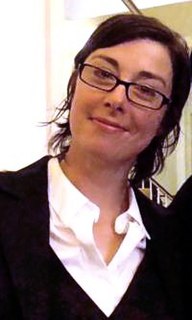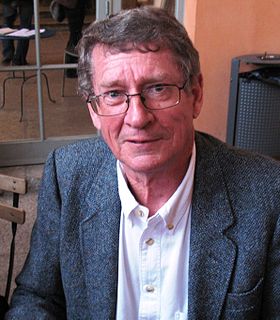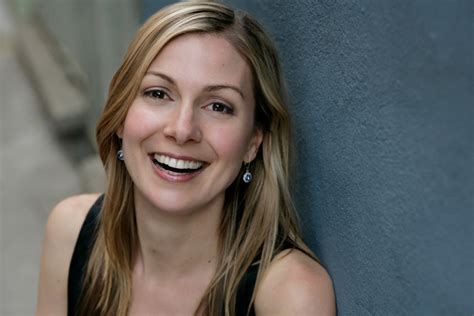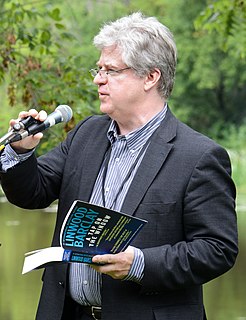A Quote by Rebecca Hall
The voice is always the starting place for me with a character.
Related Quotes
I never went to drama school. I went straight into the theater. We had the most extraordinary voice teacher. I worked with her when I was starting out in my career. How to place my voice from a very relaxed position was all wonderfully reminiscent of going back to the basics. But I always like to do that with any role that I do, to dismantle it and put it all back together again.
I have a voice inside. A voice that I am forever trying to silence. A voice that calls me in when I want to be out, playing. A voice that is always sad. That is always terrified. That always wants to sit in the darkened room, away from noise and movement and colour - away from any experience that could prove to be challenging.
Acts of bravery don't always take place on battlefields. They can take place in your heart, when you have the courage to honor your character, your intellect, your inclinations, and yes, your soul by listening to its clean, clear voice of direction instead of following the muddied messages of a timid world.
[Maigret Sets a Trap] was always going to be the first film, and it seemed to be quite a nice story. But of course it meant that here I was playing this new character for the first time, in a place where he had been a relative failure, as all these people had been murdered and the pressure was on. Rather than starting optimistically with his pipe in front of the fireplace, he was in quite a difficult place.
Well, one of the things we're supposed to be able to do as playwrights is write from a place of empathy, get into another character's shoes and experience things both mundane and tragic. And people don't - like me right now - people aren't necessarily the most eloquent when trying to express their emotions. I guess I feel as a playwright that those people deserve a voice, too, a voice that isn't so articulate that they themselves can no longer identify with it.



































